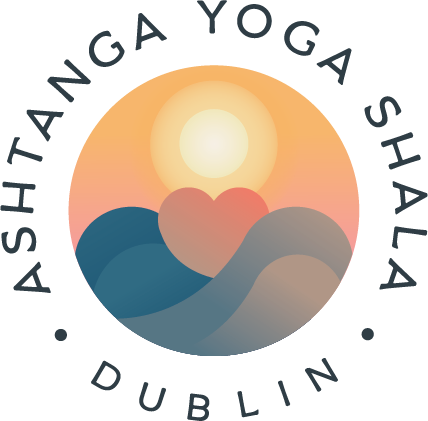Collective energy
We all suffered to some degree during the lockdowns of 2020 and 2021. Some of us suffered from worry, anxiety, and depression fuelled by a constant bad-news cycle or social media 'doom scrolling'. Some of us suffered financially, and some of us actually made financial gains. Some of us suffered from loneliness and isolation while others enjoyed the opportunity to disengage from social situations that they had previously found draining. Many people who had previously managed latent mental health problems found themselves spiralling back into depression, anxiety, or addiction as a response to overwhelming pressure and a lack of social or professional support. So many, many people died alone. Many thousands of people lost loved ones and had nobody to comfort them in their grief. The tragedy of those situations is hard to overstate. Even the most introverted of us need human contact and support in times of need.
That's what we probably all realised as a result of the lockdowns; despite the fact that our society has become more insular (in most urban areas at least) we actually all rely on each other in one way or another.
Musicians played to empty halls, streaming their performances online to an audience who wished they could be there in person. Elite sportspeople played in empty stadiums while we watched on television and debated whether or not the sport was more enjoyable with or without the noise of a fake crowd added to the soundtrack.
Every situation which had previously relied on the energy of a crowd or interaction between people lost a large part of its power. There was no feedback loop to create collective energy.
We all tried to recreate it on zoom with quiz nights, drinks nights, yoga classes, exercise classes. Joe Wicks had over a million people simultaneously logging on to jump around their living rooms at the same time. That was truly incredible, but if you, just for a second, imagine the difference in how you would feel being in the middle of even one-tenth of that number of people, in-person, exercising together, as opposed to joining in from your living room, you realise the power that's created by people being together.
The zoom yoga classes were great, for a while, but the novelty wore off and, once we were allowed outside again we noticed a big drop-off in those who were attending. It's nice, still, to have the option of online classes (if you live far away, or just can't make it into the shala sometimes) but, like everything, the in-person experience is always more satisfying and rewarding.
We've all realised that we need each other, even if before we felt like we could survive and even thrive completely under our own steam.
Ashtanga yoga is a hard practice. Some of the postures are very demanding, it takes time, dedication, stamina, and an attitude of openness. It can be frustrating and it can be hugely rewarding. But one thing is for sure: it's even harder on your own.
We need each other for support. We need each other to energise us. We need each other for inspiration. We even need each other so that we don't feel like we're the only ones doing this crazy thing; that we're not weird for liking ashtanga yoga; that we're not weird for going to bed early in order to practice; that we're not weird for eating well and drinking less; and that we're not weird for standing on our heads.
Fundamentally we just need each other in life, and if that's all we've learned through the hardships we've had to endure since early 2020 then at least it's an important lesson.
Old Irish Sayings
Ar scáth a chéile a mhaireann na daoine
We live protected under each other's shadow
Giorraíonn beirt bóthar
Two shorten the road
